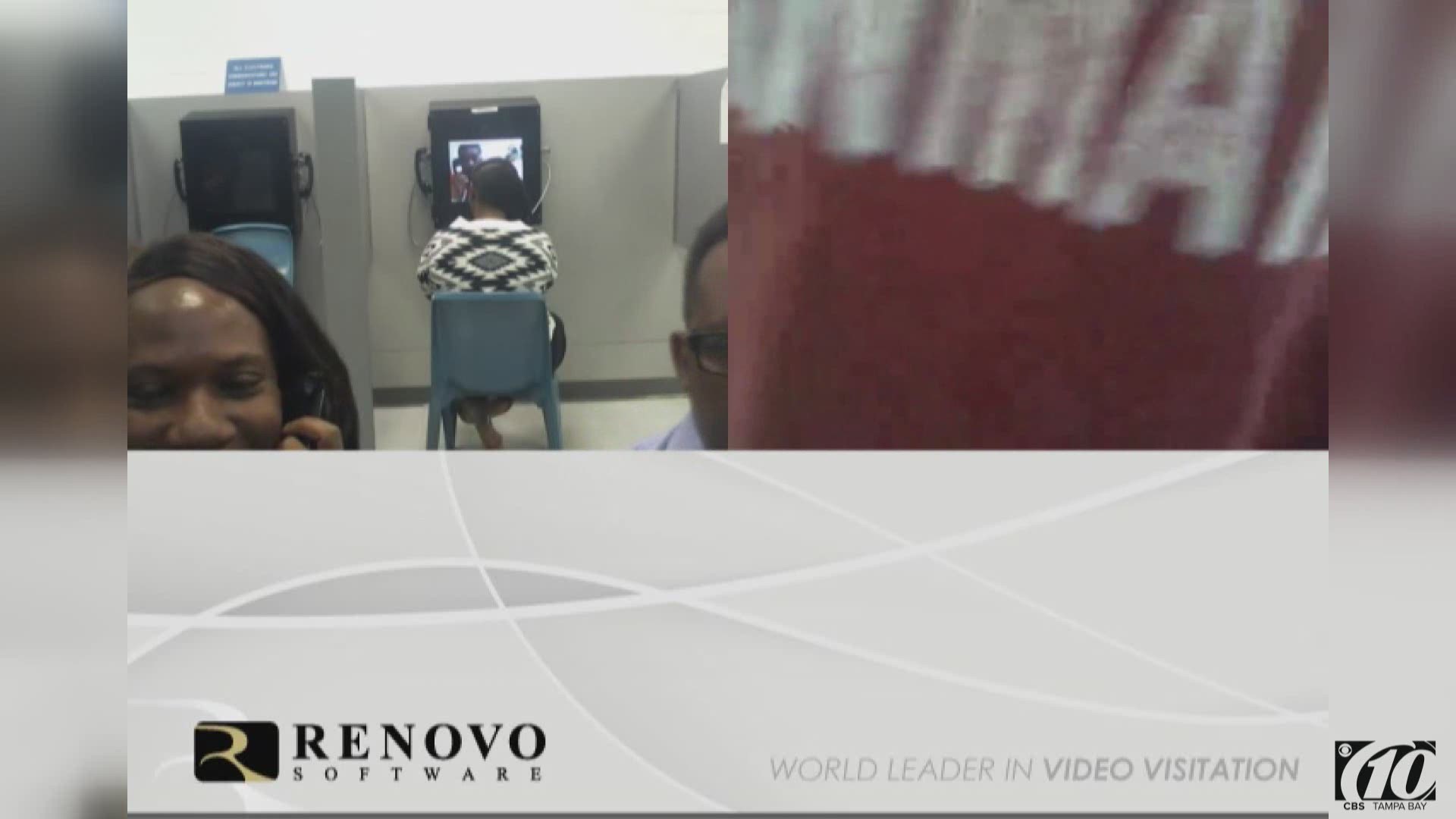TAMPA, Fla. (WTSP) – Before a gunman unleashed terror in the Southeast Seminole Heights neighborhood of Tampa, killing four people under the cloak of darkness and escaping into the night, the larger Seminole Heights community was shedding its reputation for crime, and gaining popularity as one of the trendier parts of Tampa.
Rising property values, new restaurants and shops boosted the area’s status. Investors wanted to know how to get in on the hot real estate.
Yet as the buzz on Seminole Heights grew stronger, the attention on the needy dwindled.
But Ronald Felton never forgot about the less fortunate.
“He helped anybody. He’ll do anything you ask him. Anything,” said his godsister and roommate, Cynthia Murray. “He had a heart of gold.”
Every Tuesday and Friday, he’d lead volunteers at New Season Apostolic Ministries, a church on North Nebraska Avenue that doubled as a food pantry for those in need.
“There’s a lot of people [in Seminole Heights] who’s living from paycheck to paycheck, who are struggling to keep food on the table,” said New Season Bishop Samuel Washington. “So even though Seminole Heights is going through a revitalization, there’s a lot of people who’re left behind.”
It’s a classic side effect of gentrification, Washington says. “Those with money come in and buy up the property, cause the property value to go up, and those who can’t afford properties are somehow forced out,” he said. “There’s money here, but there’s also great poverty here. I found that those who are well-to-do are kindhearted people, generous people, and they’re really looking out for the neighborhood as a whole.”
Loved ones say it was Felton’s mission to help those not benefiting from the resurgence. Volunteering with the food pantry was his way of making sure people trapped in a cycle of poverty, or those who temporarily fell on hard times never had to go hungry.
“This what he been doing for many, many years at different [churches]. He loved what he did. He really did,” Murray said. “Everybody loved Ronnie.”
It appeared Ronnie loved everyone back.
“He was a hardworking guy. Very faithful,” said Bishop Washington, who’s known Ronnie for more than 10 years. “He started out coming to get food, and then he asked could he volunteer. At that time, I needed some help, and he’s been here ever since.”
No one ever imagined Tuesday would be his last day.
Just before 5 a.m. on Tuesday, Felton was heading to New Season to set up for the semiweekly food distribution. Tampa police say as he was crossing Nebraska at East McBerry Street, the gunman came up from behind, shot him dead and left him in the street to die.
“It’s like losing an appendage. It’s tough,” said volunteer Allan Moffatt. “He was the backbone of this food bank.”
But Bishop Washington and his volunteers will carry on, and carry the spirit of Felton with them.
“It hit close, but my faith in God has been the thing that helped me stay a tower of strength knowing that He doesn’t allow anything to happen without a purpose,” said Washington. “So, if nothing more come out of this, I see closeness in the community, I see unity from the community, and generosity from the community. So, I thank God that his dying wasn’t in vain.”
Emerald Morrow is a reporter with 10News WTSP. Like her on Facebook and follow her on Twitter. You can also email her at emorrow@wtsp.com.
►Make it easy to keep up-to-date with more stories like this. Download the 10 News app now.
Have a news tip? Email tips@wtsp.com, visit our Facebook page or Twitter feed.


